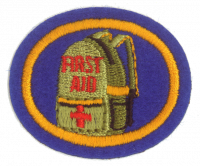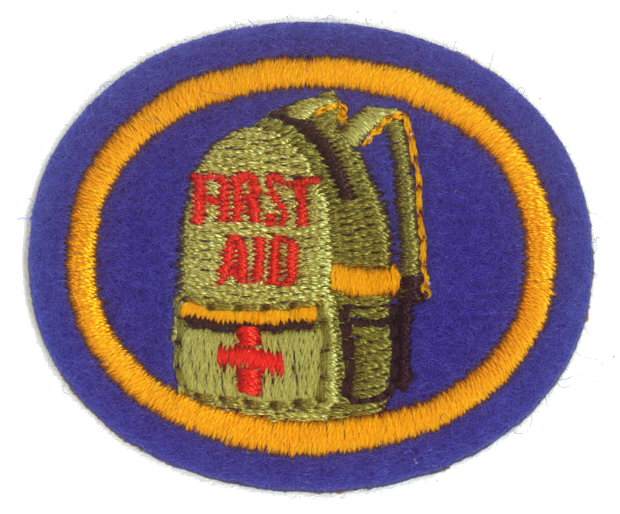Especialidades JA/Ministerio ante el desastre/Respuestas
Nivel de destreza
1
Año
2009
Version
16.12.2025
Autoridad de aprobación
División Norteamericana
Prologue
1
2
2a
2b
2c
2d
Strong earthquakes often cause structural damage to buildings and other structures like bridges and dams. Building collapses may cause injury or loss of life. Damages to gas lines may cause fires, while damages to water lines may make fighting the fires difficult.
2e
Wildfires become a big concern when they get near homes and other structured. People may lose their homes or businesses, but more people will be displaced, needing temporary housing. Smoke may also be a health concern.
3
This is specific to your location, so we can only give a general answer. Consider the possibility of floods, blizzards, volcanic eruption, sand storms, hail, drought, hurricanes, earthquakes, and other natural disasters.
Some areas may also be exposed to man-made disasters including war, power plant or electrical grid failure, environmental contamination and others. Think about the disasters you have read or heard about on the news and consider if they could occur in your area.
4
Services are coordinated through local churches, with local conferences stepping in during large scale disasters. ACS/ADRA coordinates with government and NGOs (Non-Government Organizations) to divide the responsibilities and needs among different bodies. Often ADRA/ACS will assume responsibility for logistics and warehousing based on standing agreements with other agencies.
Directly from ACS:
- The following services are provided to assist disaster survivors and their families, disaster responders, and affected communities in cooperation with ACS Disaster Response partners:
- Emergency distribution of relief and recovery supplies - a service that provides goods to survivors and responders such as drinking water, groceries, clothing and much more.
- Warehouse operations - a service in which volunteers sort, package and store donated goods for distribution. Community collection centers - locations where goods are collected to assist communities affected by disasters.
- Donations Management Consultants - ACS subject matter experts in donations management provide assistance and input to other organizations in addition to local, state and federal agencies.
- Crisis Care - emotional and spiritual care is provided for disaster survivors, their relatives, neighbors, and responders.
5
- The Salvation Army
- The Red Cross (American Red Cross, Canadian Red Cross etc)
- Local Search and Rescue (volunteers, identify the name of the local team)
- Firefighters and Paramedics (volunteer and or career, identify local name)
- State or Provincial emergency management Agency (identify name)
- FEMA - Federal Emergency Management Agency in the USA
6
Follow the provided links and get reading. This will help answer question 4 as well.
7
This course is updated from time to time. At the time of writing these answers, a 82 page slide show from this course was available on the bottom of this page: http://www.communityservices.org/ It should not take more than a few hours.
Why not organize the course to be offered for not just Pathfinders but all interested church members?
8
There are many possible comfort texts, so choose one that speaks to you. An example:
"If any man's work is burned up, he will suffer loss; but he himself will be saved, yet so as through fire." 1 Corinthians 3:15 New American Standard Bible
Here Paul talks about loss by fire (figuratively) but if the foundation (faith) is secure so will your salvation. Compare to *Matthew 6:19-21. Your stuff is not that important, your faith and salvation is what matters.



